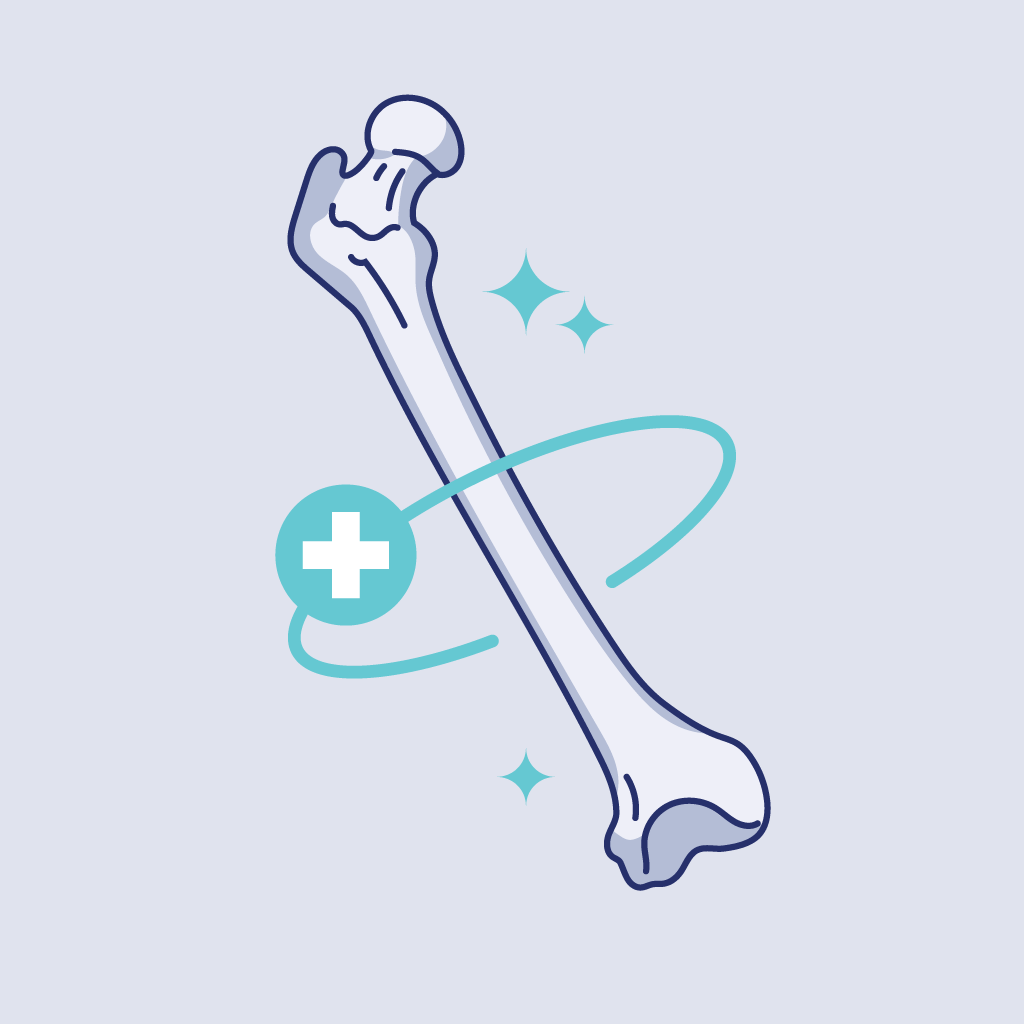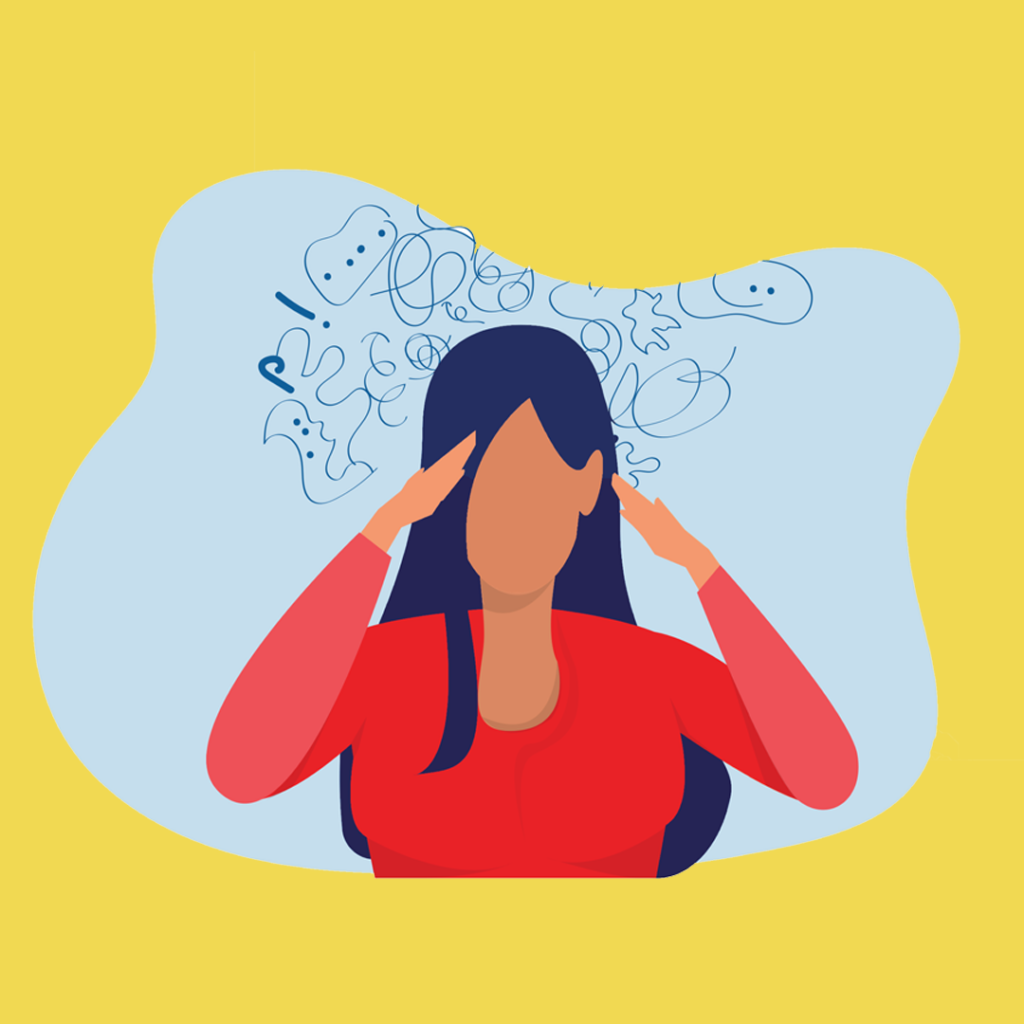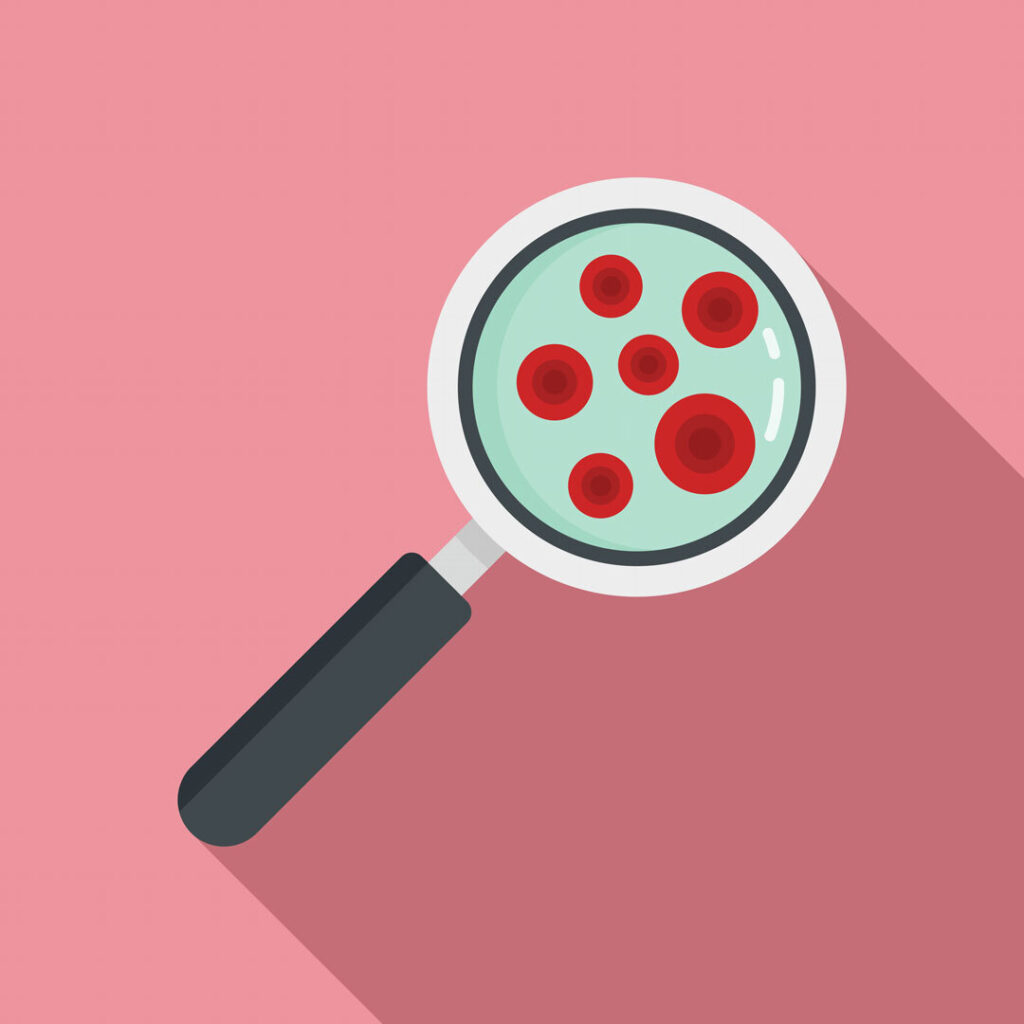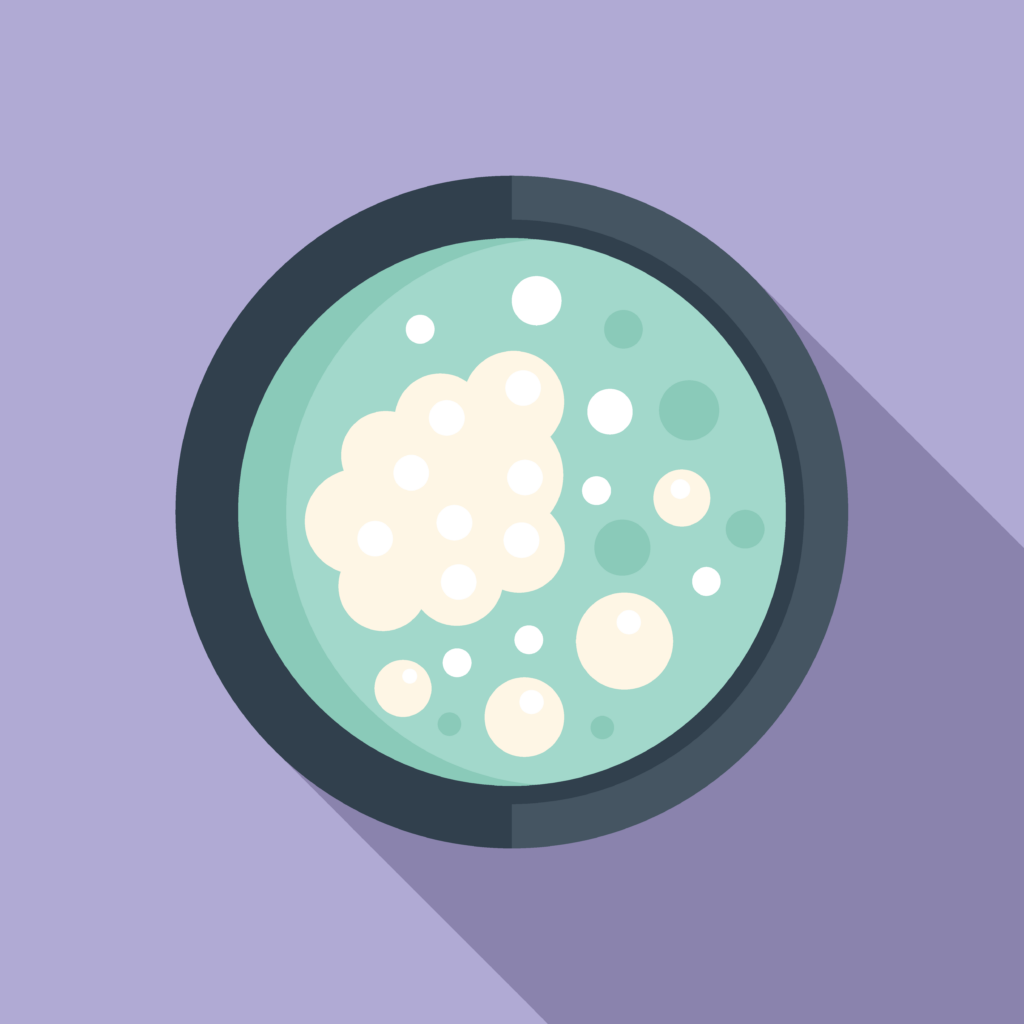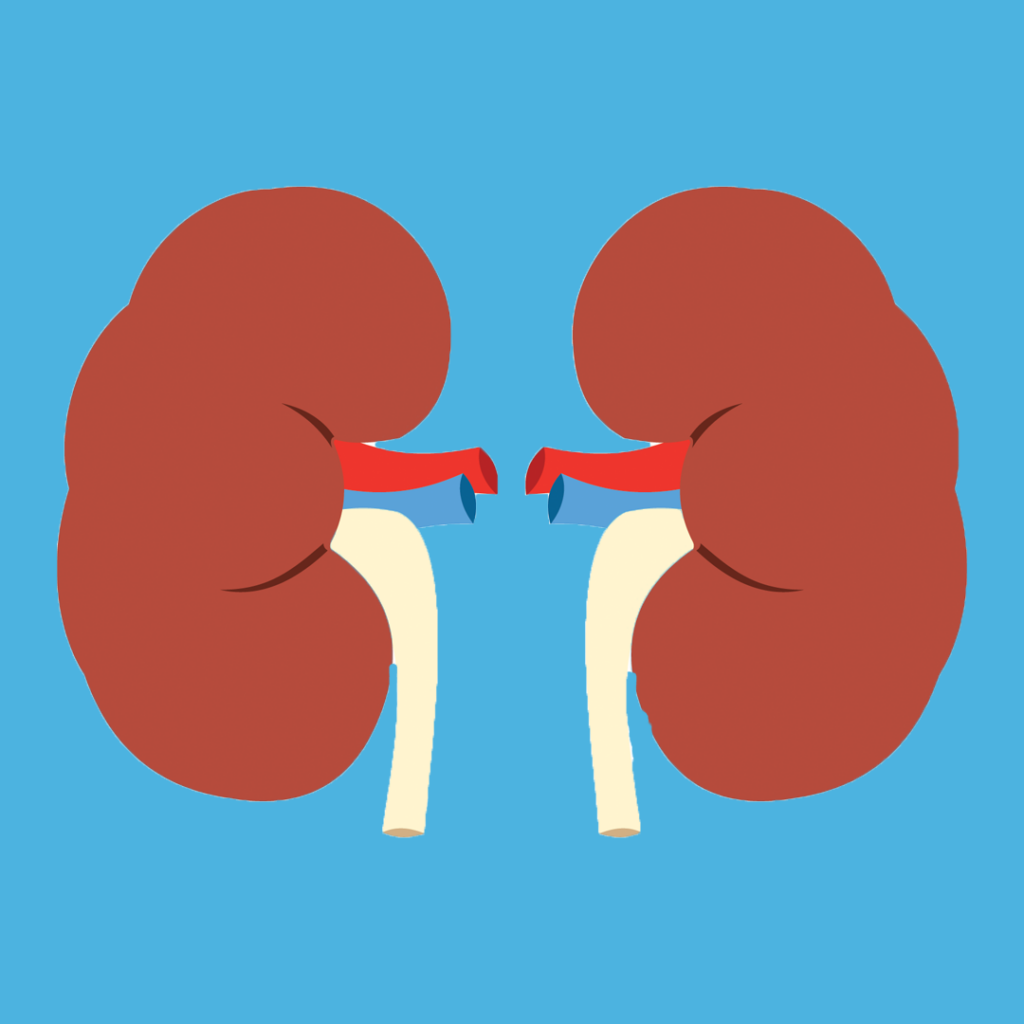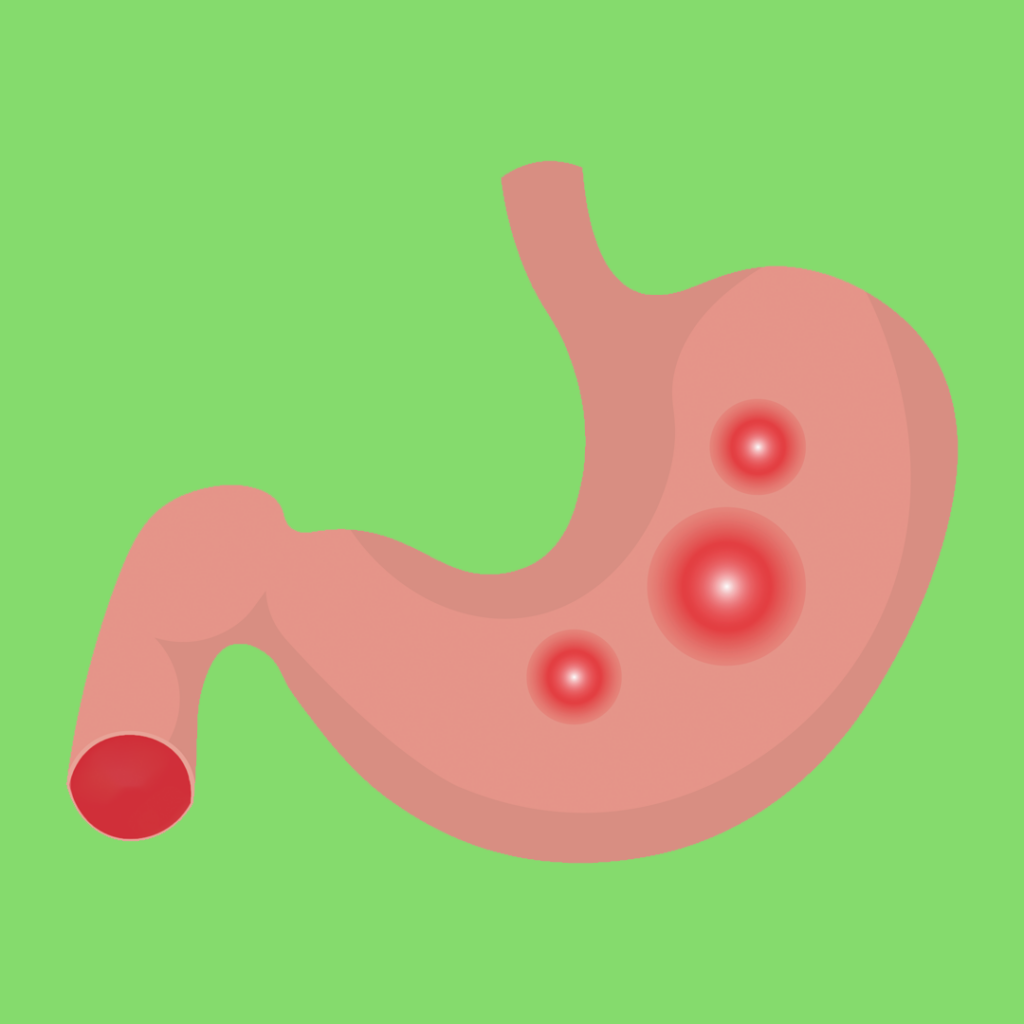The link between zinc and collagen

Zinc is a mineral that gets along with many other vitamins, minerals, and nutrients within the body to help us feel the best we can. This includes magnesium, vitamin C, iron, and collagen, our body’s most abundant protein.
Zinc is a micronutrient that has vast health impacts, especially when it comes to collagen production. Read on to learn all about how zinc and collagen work together within the body.
What is collagen?
Collagen is a protein found in our eyes, skin, bones, and even our muscles, tendons, and ligaments. Its main role is to give us structure, strength, and support throughout the body. As we age, collagen production naturally decreases within our bodies. That’s why we start to notice wrinkles and age spots, and become more prone to injuries related to our bones.
Foods like bone broth, chicken and fish are great sources of collagen, but consuming them alone may not be enough to keep your body supplied with all the collagen it needs. Pairing these foods with those rich in zinc can help increase collagen production within the body.
How do zinc and collagen work together?
When it comes to collagen production, zinc acts as a cofactor or helper molecule. This means that when our bodies have adequate amounts of zinc, it supports collagen production within the body. Ultimately, this helps to positively impact the parts of the body that contain collagen, like the eyes, skin, and bones.
Healthy vision
The collagen in our eyes helps to prevent dry eyes because it’s involved in improving tear production. Dry eyes happen when our eyes are not able to produce enough tears or our tears evaporate too quickly, leading to irritation and discomfort. Having enough collagen levels in your eyes can help support tear production to make sure your eyes are well-lubricated. This means that collagen directly maintains the structural integrity of our eyes, ultimately helping us see better.
Where does zinc come in? Zinc also plays a significant role in the structure and function of cell membranes throughout the body, including the eyes. When our bodies don’t have enough zinc, it directly impacts our cells and their ability to function efficiently. Lack of zinc increases the chances of cell membranes being damaged by oxidative stress and as a result, impairs their function. And since zinc is a co-factor in collagen production, not having sufficient zinc levels also affects collagen levels. They both work together in order to keep our eyes strong and sharp.
Skin health
Collagen does a lot when it comes to skin health. Some of its main responsibilities include:
- Supporting the formation of fibroblasts in the dermis (middle layer of skin) to help create new skin cells
- Replacing dead skin cells
- Providing skin with structure, strength, and elasticity
- Helping blood clots to form to heal scrapes, cuts, or other wounds on the skin
Similarly, zinc also plays a major role in wound healing and helps protect collagen in our skin from any damage such as from the sun. Both zinc and collagen are involved in regenerating tissues and forming scars after injuries on the skin. Around 2 to 3 days after a wound occurs, fibroblasts responsible for making collagen enter the wound site and initiate wound repair. Zinc is an essential cofactor during this process since it helps maintain adequate collagen levels and allows for new blood vessels to form, resulting in a faster recovery.
Zinc and collagen are also involved in keeping our skin healthy, glowing and youthful. Wrinkles, age spots, and sagging skin are natural signs of aging. But having sufficient zinc and collagen within your body can help slow these symptoms. Zinc acts as a barrier against harmful free radicals when protecting the skin cells that make collagen in our skin. Preserving collagen within the skin as a result increases the skin’s hydration and elasticity, ultimately making it look smooth and supple.
Bone health
Many studies show a link between zinc levels in the body and collagen production for healthy, strong bones. In fact, one study found that having sufficient zinc levels increased the function of osteoblasts, which are bone cells that are responsible for forming new bones. This means that zinc can help to increase bone formation, ultimately supporting bone health.
Another study showed that zinc has the ability to inhibit osteoclast-like cell formation (cells that break down bone) by stimulating osteoclast cell death. This helps to support bone regeneration and maintain bone tissue health. Additionally, a zinc deficiency has been known to result in bone deformities according to one study. This happens because a lack of zinc can decrease bone collagen turnover or how fast bone can regenerate.
It’s safe to say that zinc and collagen work intricately together in many of the same processes to support our eyes, skin, and bones. Adults in Canada need at least 11mg of zinc per day for men and 8mg of zinc per day for women. Making sure your body has enough zinc can help maintain adequate collagen levels within your body. This in turn can keep your eyes focused, skin smooth, and bones strong.

